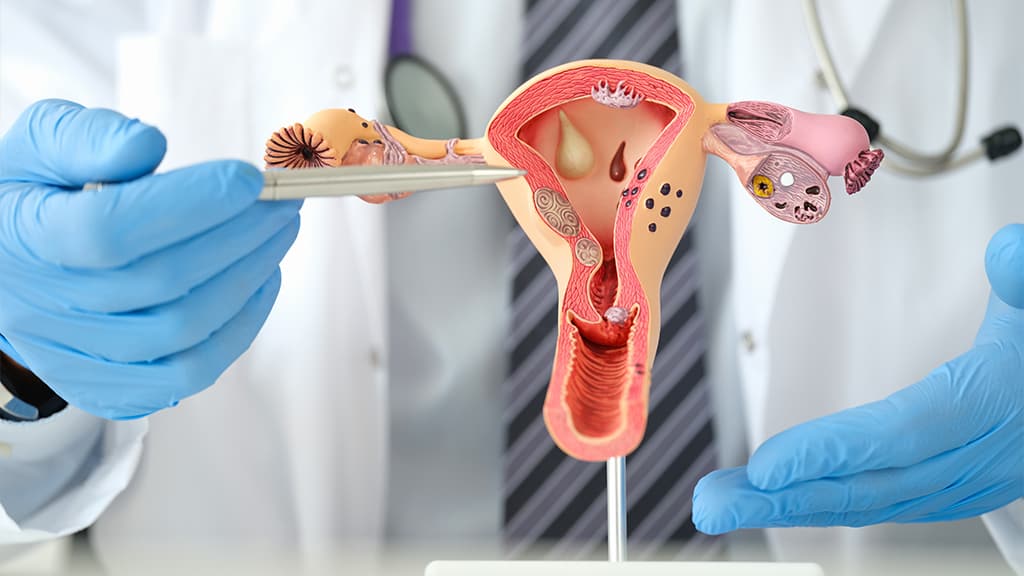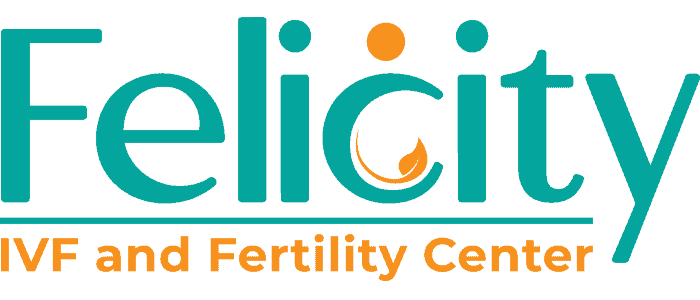Is IVF the Best Option for Conceiving with Blocked Fallopian Tubes?

Fallopian Tube Blockages
Blocked fallopian tubes can be a significant hurdle for a couple trying to conceive. Fortunately, there are various treatment options available, with In Vitro Fertilisation (IVF) being a popular choice.
Therefore, it becomes important to explore the efficacy of IVF as a solution for women with blocked fallopian tubes. Additionally, understanding the procedure of getting pregnant with fallopian tubes blockage and the role they play in fertility is crucial to make informed decisions about your reproductive journey at the best IVF centre in Hyderabad.
The Importance of Fallopian Tubes
The fallopian tubes play a vital role in the process of natural conception, as they are responsible for transporting eggs from the ovaries to the uterus. Any blockage or obstruction can hinder this crucial function.
Types of Fallopian Tube Blockages
Following are the types of Fallopian tube blockages that might hamper the natural pregnancy process:
- Hydrosalpinx: This condition occurs when one or both fallopian tubes become filled with a watery fluid. It’s often a result of infection or scarring in the tubes. The accumulation of fluid can distort the tube’s shape, making it difficult for a fertilised egg to travel to the uterus, which may result in infertility.
- Salpingitis: It is characterised by inflammation of the fallopian tubes, primarily caused by bacterial infections. The inflammation can lead to blockages, impairing the tubes’ ability to transport eggs from the ovaries to the uterus. Treating the underlying infection and addressing the inflammation is crucial for fertility restoration.
- Tubal Ligation: It is a surgical procedure in which the fallopian tubes are permanently blocked or severed as a means of contraception. While it is considered a highly effective method of birth control, it can also be a cause of infertility for women who later wish to conceive. In such cases, options like IVF may be explored to bypass the blocked tubes.
- Endometriosis: It is a condition where tissue similar to the lining of the uterus (endometrium) grows outside the uterus. This tissue can implant itself on the fallopian tubes, causing obstruction. The presence of endometrial tissue in or around the fallopian tubes can disrupt their normal functioning, making it challenging for eggs and sperm to meet, potentially leading to infertility.
- Adhesions: They are scar tissues that can form as a result of surgeries, infections, or previous ectopic pregnancies. These adhesions may distort the structure of the fallopian tubes, making it difficult for them to function properly. Adhesions can cause the tubes to become blocked or partially blocked, which can impede the journey of eggs and sperm.
Having the knowledge of the types of fallopian tube blockage is essential for selecting the right treatment, which may involve surgery, infection treatment, or assisted reproduction like IVF.
What is IVF?
In Vitro Fertilisation (IVF) is a fertility treatment that involves combining a woman’s egg and a man’s sperm in a laboratory to create an embryo. This process is especially valuable for getting pregnant with fallopian tube blockage. The resulting embryo is then transferred into the woman’s uterus to achieve pregnancy.
How Does IVF Work for Women with Blocked Fallopian Tubes?
IVF bypasses the fallopian tubes entirely, making it possible for women with fallopian tubes blockage to get pregnant. Here’s a step-by-step overview of the IVF process:
- Ovulation Stimulation: The IVF process begins with hormonal medications administered to the woman. These medications stimulate the ovaries to produce multiple eggs instead of the usual one that is naturally released during a menstrual cycle. This is essential because more eggs provide a higher chance of successful fertilisation.
- Egg Retrieval: A minimally invasive surgical procedure known as follicular aspiration or egg retrieval is performed. It involves a thin, hollow needle that is guided into the ovaries using ultrasound imaging. It is usually done under anaesthesia to minimise discomfort.
- Sperm Collection: Simultaneously, sperm from the male partner or a sperm donor is collected. The sperm is carefully prepared and processed in the laboratory to isolate healthy and motile sperm for fertilisation.
- Fertilisation: In the laboratory, the retrieved eggs and the processed sperm are combined. This can be done through traditional insemination, where the sperm is added to a culture dish containing the eggs, or through Intracytoplasmic Sperm Injection (ICSI), where a single sperm is injected directly into an egg. Fertilisation is monitored over the next 18-24 hours, and the formation of embryos is awaited.
- Embryo Culture: The successfully fertilised eggs, now embryos, are cultured and grown in a controlled environment in the laboratory for several days. The embryologists closely monitor their development, assessing their quality and readiness for transfer.
- Embryo Transfer: Once the embryos have reached the optimal stage of development, typically around 3 to 6 days after fertilisation, one or more healthy embryos are selected for transfer. The chosen embryos are carefully placed into the woman’s uterus through a thin catheter.
- Pregnancy Test: Approximately 10-14 days after the embryo transfer, a blood test is performed to check for the presence of the pregnancy hormone hCG (human chorionic gonadotropin). A positive result indicates a successful pregnancy.
IVF fertilised outside the body, transferring embryos to the uterus for pregnancy, offering hope to those with fertility challenges like blocked fallopian tubes, unexplained infertility, or male factor issues. It personalises the journey for better pregnancy success.
Advantages of IVF for Blocked Fallopian Tubes
- Effectiveness: IVF offers high success rates, even for women with blocked fallopian tubes.
- Customization: Treatment can be tailored to individual needs, optimising the chances of success.
- Diagnostic Value: IVF can uncover any other underlying fertility issues that may be contributing to infertility.
Choosing the Best IVF Centre in Hyderabad
Hyderabad is a top spot for fertility treatments, and the Felicity IVF and Fertility Center is the best IVF centre in Hyderabad. It’s known for its customised approach, expert doctors, and affordable options.
Key Considerations When Choosing Felicity IVF and Fertility Center:
- Reputation: Felicity IVF and Fertility Center shines as a beacon of success, with a proven track record of triumphant IVF procedures. Our commitment to excellence in fertility treatment is our hallmark.
- Expertise: When it comes to addressing complex fertility issues, particularly those involving blocked fallopian tubes, our highly qualified and experienced medical team is your guiding light. We specialise in making the impossible possible.
- Technology: At Felicity, innovation and precision are our foundation. We are illuminated by state-of-the-art technology that enhances diagnostics and treatments, ensuring the best care for our patients.
- Patient Care: We care deeply about our patients. We’re here to support you through both your medical needs and the emotional journey. Choosing Felicity IVF and Fertility Center is a warm and caring choice.
Choosing Felicity IVF and Fertility Center is embarking on a journey towards parenthood, even when facing the challenge of blocked fallopian tubes. We light the way to your dreams.
Break the Blockage
IVF emerges as a highly effective solution for women coping with blocked fallopian tubes, opening new possibilities for couples tackling infertility challenges. At Felicity IVF and Fertility Center, we take pride in our state-of-the-art facilities, cutting-edge technologies, and a compassionate approach to patient care, especially for those seeking avenues to getting pregnant with fallopian tube blockage. Our experienced team is dedicated to guiding you on your unique journey to parenthood, even when faced with this specific challenge.
We understand that every individual’s circumstances are different, and that’s why we emphasise the importance of seeking personalised consultation. Our specialists at Felicity are ready to offer tailored solutions, addressing your specific needs and concerns, including the various types of fallopian tube blockage. With our unwavering commitment to your dream of parenthood, we believe that, together, we can overcome the challenges posed by blocked fallopian tubes.




